
The Sense of Style
The Thinking Person’s Guide to Writing in the 21st Century
Read offline
Recommendation
Psycholinguist and cognitive scientist Steven Pinker thinks the time has come for a new writers guide for a new century. He’s hopeful about the state of the English language. Contrary to purist hand-wringing, the English language isn’t deteriorating, Pinker says, but is very much alive. The challenge lies in using it to express yourself well. To help you reach that goal, Pinker’s erudite guide explains – with helpful examples – what makes writing coherent, compelling and clear. He offers his personal lists of terms and expressions to watch for – those that he thinks the traditional language police are too fussy about and those that he’s convinced writers must never misuse. You’ll find yourself thumbing the handy glossary when you need to reacquaint yourself with terms like “determinatives” and “genitives.” Because Pinker’s complex discussions of style and sentence trees may prove daunting for the beginner, this book won’t replace classic manuals like Strunk and White’s The Elements of Style. However, getAbstract believes this is an important addition to the bookshelves of experienced writers who want an inspiring refresher course on writing prose that’s a pleasure to read.
Summary
About the Author
Steven Pinker chairs the American Heritage Dictionary Usage Panel and teaches psychology at Harvard University. His other books include The Stuff of Thought, The Language Instinct, and Words and Rules.








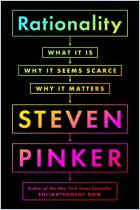
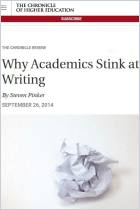
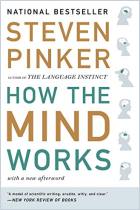
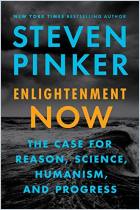

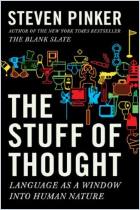
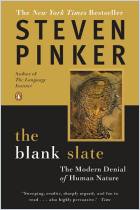
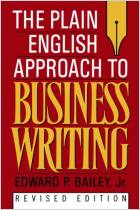

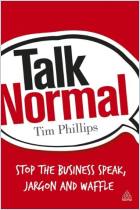
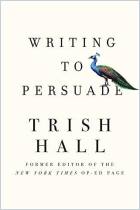

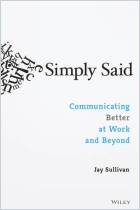



Comment on this summary or Iniciar a Discussão